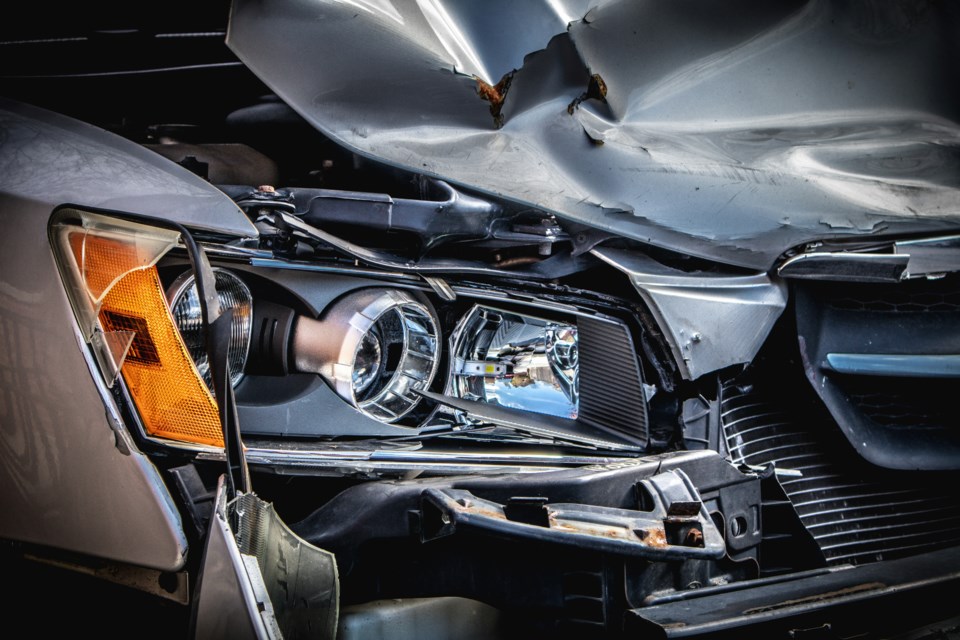Stranded at the side of the road after an accident or a breakdown is often a stressful experience.
In many instances, motorists are so grateful for any assistance that they may not question the intentions of those who come to their aid. That’s where chasers cash in.
These are opportunistic towing operators who swoop in, offer fast solutions, and end up costing the vehicle owner thousands of dollars to retrieve their vehicle.
Provincial Towing Act Protects Motorists
Fortunately, as of January 1 the new provincial Towing and Storage Safety and Enforcement Act (TSSEA) makes it harder for chasers to take advantage of motorists.
“What the towing act will do is create licenses for towing operators and drivers. They will have to go through a course to ensure that they know proper towing techniques,” explains William Skorupinski, Vice President of Automotive and Mobility Services at CAANEO.
“Ultimately this will come with a portal for consumers to actually respond to the government when they have infractions against a towing provider.”
Be Wary of Chasers
Chasers are often the first to arrive on the scene of an accident or roadside breakdown. They use unethical practices to pressure motorists into allowing them to hook up and tow the vehicle. Motorists should be wary and take a number of precautions:
- Remember that a legitimate towing operator will identify themselves properly. CAANEO members who call for towing assistance receive their assigned towing operator’s information by text. If this does not match with the information from the towing operator who arrives at the scene, refuse service and wait for the assigned operator.
- Wait in the vehicle and speak to the towing operator through the window. Do not exit the vehicle until you are sure that the towing operator is legitimate.
- Remember that in most cases you do not have to take the first tow that arrives. You have the right to wait for your preferred towing operator.
If you are on a 400 series highway though, the police may force your vehicle to be towed. In this case, you can request to be towed to the next exit and delivered to a nearby parking lot where you can wait for your preferred towing operator. If members contact CAANEO before the forced tow, they will be fully reimbursed.
New Rules Mean Better Consistency
The enhanced provincial rules replace a patchwork of municipals bylaws with legislation that applies to all operators across the province. They also help legitimate towing operators to work more efficiently with a provincial license rather than requiring multiple municipal licenses.
“No matter where you are in Ontario, you'll get consistent service. The towing operator will provide a quote on the towing charges, which you will sign, and you will give consent for them to tow your car. They will also tell you where they are towing your car because they are not always going directly to the garage. If you're in an accident, you may be going to a compound until the insurance company decides where the car is going to get repaired,” says Skorupinksi.
“Motorists will know that the vehicle that is stopping is licensed because they will have their easily identifiable number on the side of their vehicle. You will also know the maximum rates that you could be charged during the event,” he adds.
Read more about the new TSSEA rules here, or learn more about how a CAANEO membership can benefit you by going online, visiting your local CAA store, or calling 1-844-252-3648.
